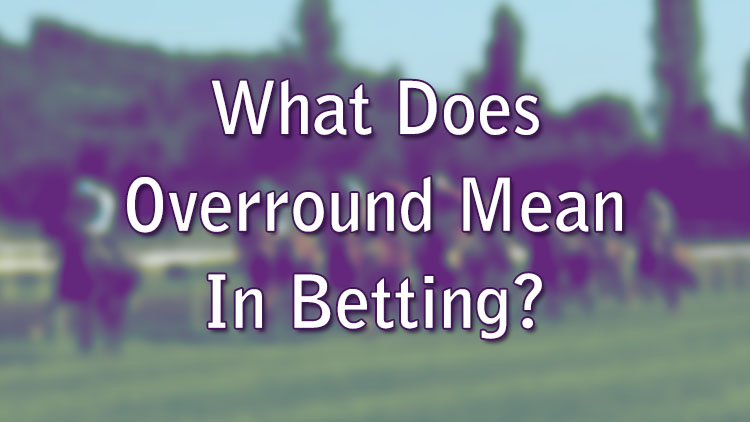
The term 'overround' may seem a bit complex at first glance, but once understood, it becomes plain to see that it is an integral part of the betting landscape. In simple terms, overround is the cumulative total of the probabilities of all possible outcomes in an event, as estimated by a bookmaker.
Bookmaker Overround Explained
In essence, overround is the bookmaker's safety net, a method by which they can ensure a profit, no matter the outcome of the event. It is the bookmaker's way of skewing the odds in their favour, thereby securing a profit margin for themselves. This is achieved when the bookmaker sets the odds for all possible outcomes of an event such that the total probability exceeds 100%.
This may seem odd at first, considering probability is usually calculated on a scale of 0 to 100. However, this excess percentage, known as the overround, is what enables bookmakers to make a profit regardless of the outcome of the event.
How To Calculate Overround
Calculating the overround is a straightforward process, especially if you are familiar with the concept of implied probabilities. Implied probability is the likelihood of an outcome occurring, as deduced from the bookmaker's odds. It is calculated as follows:
Implied Probability = 100 / Decimal Odds
To calculate the overround for an event, one must convert the odds of all possible outcomes into implied probabilities and then add these probabilities together. If the sum exceeds 100%, the excess is the overround.
What Is a Good Overround?
The overround percentage is a clear indicator of the level of profit a bookmaker is generating from a market. Hence, from a bettor's perspective, a lower overround is more favourable as it signifies that the bookmaker's profit margin is smaller, indicating better value for the bettor.
However, what constitutes a "good" overround is subjective and varies between different markets and bookmakers. As a general rule, an overround of less than 110% is considered acceptable in most betting markets.
What Is The Difference Between Hold and Overround?
While 'overround' and 'hold' are terms that are often used interchangeably in the betting industry, they are not exactly the same. The 'hold' is the actual profit the bookmaker makes from an event, whereas the 'overround' is the potential profit that could be made, assuming all outcomes are equally likely. In other words, the hold is the realised profit, while the overround is the projected profit.
Conclusion
To conclude this Wizard Slots article, the overround is an integral part of how bookmakers operate and make a profit. It is a reflection of the bookmaker's margin and is an important consideration for bettors when choosing where to place their bets. A lower overround signifies better value for the bettor and is, therefore, more desirable. By understanding this concept, bettors can make more informed decisions.
Remember, while the overround can guide you in choosing your bets, it is only one of many factors that should be considered in betting. Always bet responsibly and consider all aspects before placing your bets.
